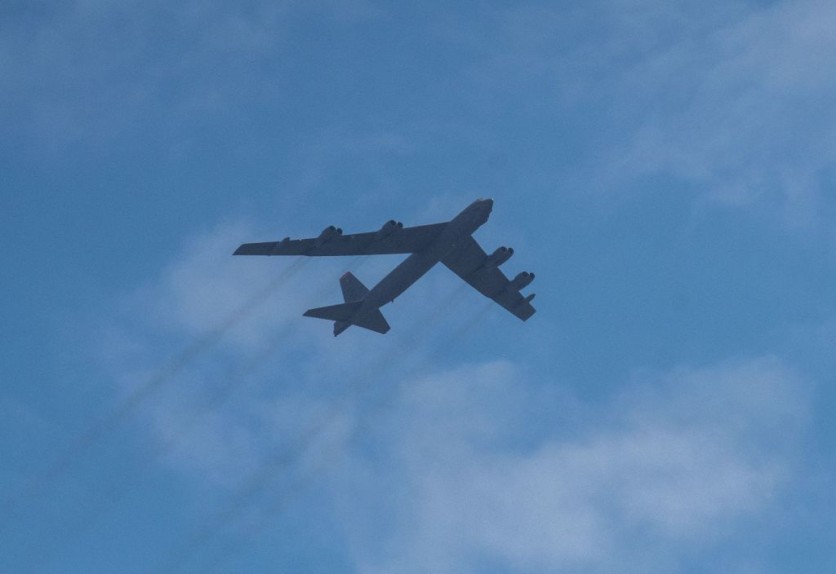Military tech developer Shield AI recently raised $60 million in funding at a $2.3 billion valuation to create autonomous flying systems designed for the US military and its allies, according to a report by TechCrunch.
The latest funding increases the Series E round of funding for Shield AI to a total of $225 million. In June, Shield AI disclosed the previous $165 million tranche, giving the business a $2.3 billion valuation.

However, it is interesting to note that this huge amount of money only came from one investor. He is Thomas Tull, a Hollywood producer.
Other investors who previously contributed funds to the startup include Riot Ventures, Breyer Capital and SVB Capital, Disruptive, Andreesen Horowitz, Homebrew, Snowpoint Ventures, Point72 Ventures, and many more.
Silicon Valley of the Defense Sector
The San Diego-based company is home to the US Pacific fleet and the city is also known as the Silicon Valley of the defense sector, according to Tech Crunch.
The defense startup has been progressing steadily over the past several years, as seen by the acquisition of Martin UAV by Shield AI in July of last year and the recent acquisition of Heron Systems by the same company.
Shield AI is popular for its Hivemind autonomy stack, which it refers to on its website as "A Top Gun for every aircraft". It employs various high-tech capabilities such as path-planning, computer-vision algorithms, mapping, and state estimation in unmanned systems for military purposes.
The V-BAT, a highly advanced VTOL drone with a maximum carrying capacity of 25 pounds and up to 11 hours of flying time, is also housed under Shield AI.
The Shield AI board of directors is also filled with notable individuals, including 33-year Navy veteran Brian Losey and Andrew Berlin of Berlin Packaging.
The military tech company is also a part of the US Department of Defense Program of Record. It is developing several projects, such as VTOL autonomous aircraft software and hardware and swarming functionalities to help its customers in communicating when their signals are compromised.
The Nova drone and its Hivemind AI software have been in operation since 2018, although it is still unknown for what purpose.
Anduril's Autonomous Military Flight Ambitions
However, Shield AI is not the only company making strides in the field of autonomous military flight, as demonstrated by companies like Anduril, which received a valuation of $7 billion after a $1.2 billion fundraising round in June.
Anduril plans to develop an open AI-powered operating system dubbed LatticeOS for defense requirements under the direction of Palmer Luckey, the designer of the Oculus Rift and founder of Oculus VR.
Shield AI's new funding comes just 11 days after Anduril announced that it had received another $1.5 billion at a valuation of $7 billion.
Related Article : US Military Will Use 'High-Altitude Hot Air Balloons' to Prevent Hypersonic Missiles Against China and Russia

ⓒ 2025 TECHTIMES.com All rights reserved. Do not reproduce without permission.




